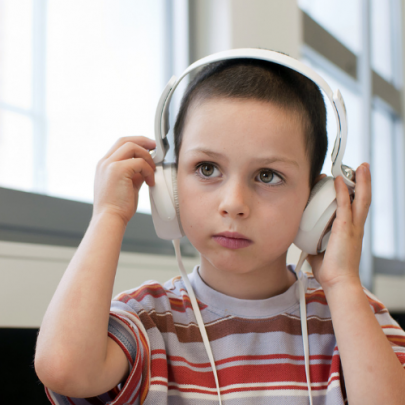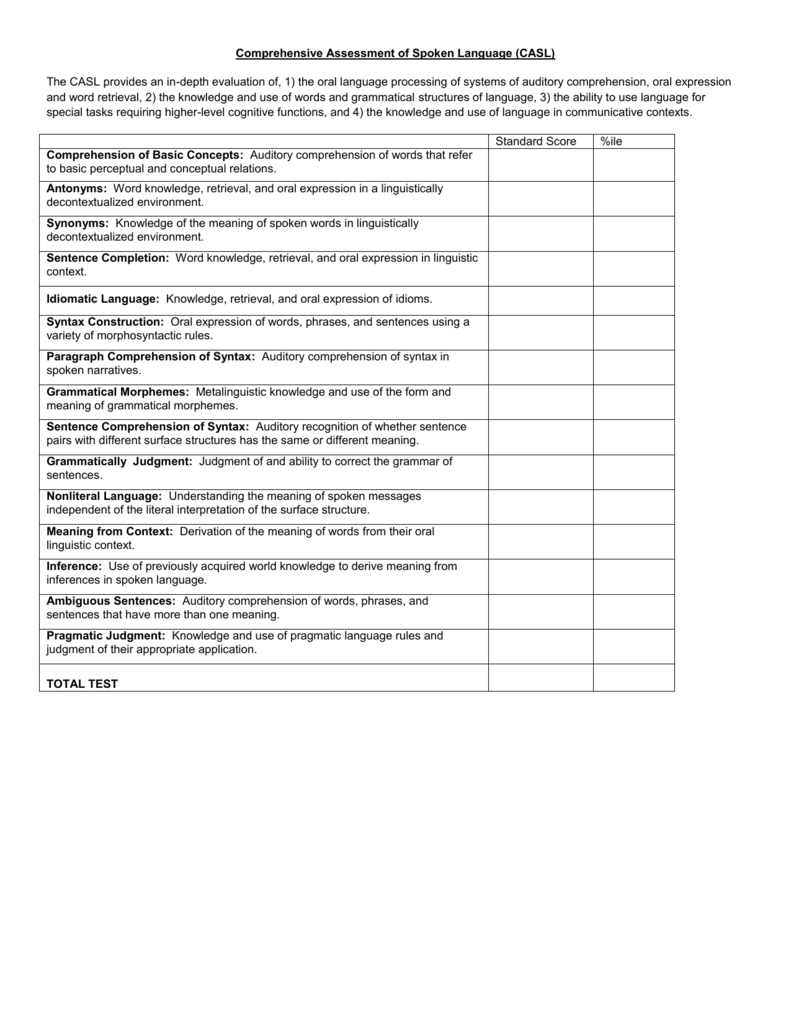
Gernsbacher, Varner, and Faust ( 1990)’s structure-building model is built upon Kintsch and Van Dijk ( 1978)’s situation model. Nevertheless, Kintsch and Van Dijk ( 1978) did recognize that the input modality might affect the comprehension process in which a situation model is built. This highly influential comprehension model mentions that comprehension types will differ in some aspects, without specifying these differences. According to this framework, comprehension entails the construction of a situation model, i.e., a mental representation of the situation conveyed by the words of a text. Kintsch and Van Dijk ( 1978) proposed the situation model of comprehension. Theories of comprehension generally do not elaborately address the relationship between comprehension types in which the input is provided in different modalities (for a review see McNamara & Magliano, 2009). In other words, the relationship between reading and listening comprehension should be examined. The question arises whether listening and reading comprehension are, conform to how they are treated in the educational practice, the same general comprehension skill albeit with information provided in different modalities, or whether they are different processes with different underlying modality-specific skills. Given the increasing importance of listening comprehension in daily life, the status of listening comprehension in education might need to be reconsidered and insight into the development of the skill is needed. In contrast, listening comprehension has received much less attention in the educational system (Mommers, 2007), despite studies showing that there are specific listening comprehension problems, for example in children diagnosed with ADHD (McInnes, Humphries, Hogg-Johnson, & Tannock, 2003) or second-language learners (Bingol, Celik, Yildiz, & Mart, 2014 Goh, 2000). Children’s reading comprehension skill levels are monitored through all years of primary education, and, if deemed necessary, additional coursework or interventions are provided. It is known as an important predictor of children’s school career and lifelong learning (Spörer & Brunstein, 2009). At the same time, reading comprehension is an essential subject in primary education.
#Auditory comprehension skills tv
This means that relatively speaking, book reading is declining among children and adolescents (Mangen, 2016 OECD, 2010), whereas consumption of audio(visual) information through, for example, TV and computer, is increasing (Rideout et al., 2010). The twenty-first century has seen an increasing reliance on obtaining information via the audio-visual channel (Rideout, Foehr, & Roberts, 2010). The findings warrant a more prominent focus of modality-specific aspects of both reading and listening comprehension in research and education. Especially vocabulary seems to play a large role in this domain-general part. These results indicate that only part of the comprehension process is indeed domain-general and not influenced by the modality in which the information is provided.


None of the other cognitive skills contributed significantly to reading or listening comprehension.

Vocabulary and word reading fluency were found to be shared contributors to both reading and listening comprehension. Analyses revealed that reading comprehension explained 34% of the variance in listening comprehension, and listening comprehension 40% of reading comprehension. Reading and listening comprehension tasks with the same format were assessed in 85 second and third grade children.

Lastly, the practice of using either listening comprehension or vocabulary as a proxy of general comprehension was investigated. Second, general and modality-unique subskills of reading and listening comprehension were sought by assessing the contributions of the foundational skills word reading fluency, vocabulary, memory, attention, and inhibition to both comprehension types. First, it was examined to what extent reading and listening comprehension comprise modality-specific, distinct skills or an overlapping, domain-general skill in terms of the amount of explained variance in one comprehension type by the opposite comprehension type. Both in comprehension theory and in educational practice, reading and listening comprehension are often seen as interchangeable, overlooking modality-specific aspects of them separately. This study aimed to increase our understanding on the relationship between reading and listening comprehension.


 0 kommentar(er)
0 kommentar(er)
